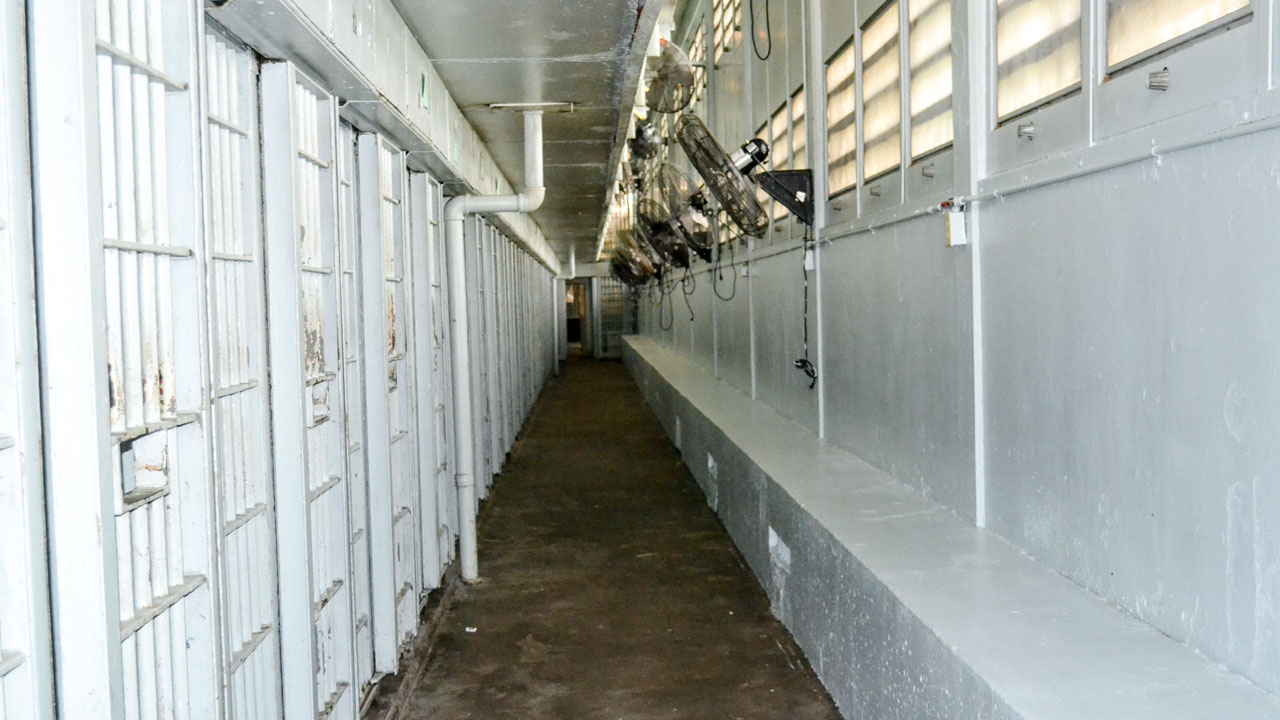The state has not yet come up with an acceptable remedy to address the “horrendously inadequate” and unconstitutional mental health care and staffing needs of the Alabama Department of Corrections (ADOC), the SPLC will argue today in closing arguments at a federal trial to correct the problems.
The trial marks the latest stage in a lawsuit the SPLC and the Alabama Disabilities Advocacy Program filed in 2014 against ADOC to end the deplorable conditions in the state prison system, including the understaffing of both correctional and mental health workers.
Alabama legislators have requested $80 million over the next year and a half to address the issues. But that amount does not address the current shortfalls, nor does it take into consideration decades of inadequate funding, the SPLC will say in its closing arguments.
“As Gov. Kay Ivey and ADOC Commissioner Jeff Dunn have both recognized, the constitutional violations of how the state treats prisoners developed over a generation. It will be difficult, and likely costly, to fix them. But ADOC has to fix them,” said Maria Morris, senior supervising attorney for the SPLC, and lead litigator in the case.
“ADOC needs to be fast, creative and aggressive in figuring out how to come into compliance with the Constitution,” Morris said. “The recent budget request for ADOC covers little more than the expected increase in the system’s health care costs, and does nothing to address correctional staff shortages or the unconstitutional level of care.”
Responding to the federal lawsuit in June 2017, the U.S. District Court issued a 302-page ruling declaring that Alabama’s prison system has failed to provide mental health care to the state’s prison population and is in violation of the Eighth Amendment’s prohibition on cruel and unusual punishment.
Today’s closing arguments follow weeks of testimony outlining ADOC’s plans to increase mental health and correctional officer staffing, raise personnel pay, and enhance outreach to potential new hires.
An additional seven evidentiary hearings are scheduled to determine how the state will fix the constitutional violations in the prison system. The court will also address access to medical and dental care.



